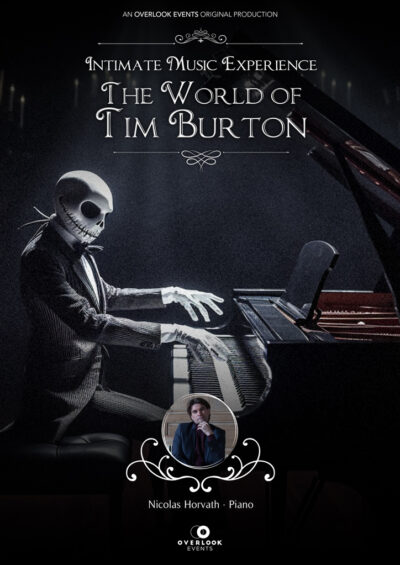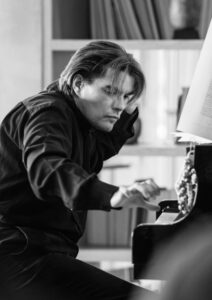Melodia is an innovative and intimate concert experience crafted by Overlook Events, renowned for creating exceptional musical events with unparalleled artistic value. Following the success of grand orchestral concerts celebrating iconic works such as Assassin’s Creed, Elden Ring, Dragon Ball and the legendary music of John Williams, Joe Hisaishi or Ennio Morricone, Overlook Events now unveils Melodia—a refined, small-scale concert series that offers precious, unforgettable musical moments with extraordinary artists.
Curated by musical experts and performed by handpicked talent, Melodia presents enchanting recitals inspired by beloved universes such as Harry Potter, The Lord of the Rings, Ghibli, Tim Burton’s worlds, and Philip Glass’s masterpieces. Experience music in its most intimate and magical form.
Step into Melodia and let yourself be transported by the artistry, intimacy, and magic of music like never before.



